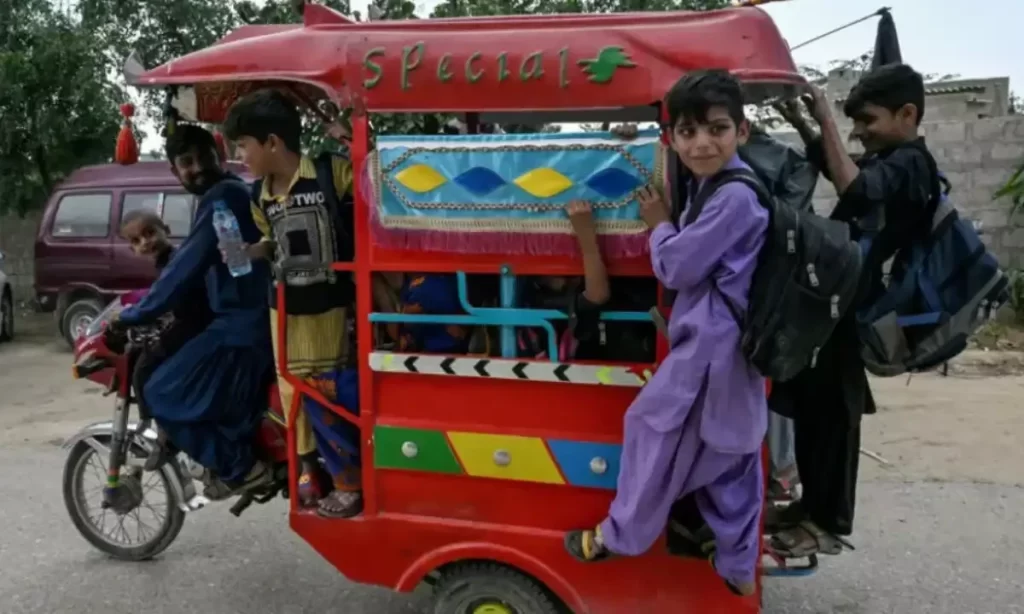Pakistan Faces a Severe Education Crisis
Pakistan is facing a severe education crisis, with more than 26 million children out of school, the majority in rural areas. This ranks as one of the highest rates globally.
Aneesa Haroon, from a rural village on the outskirts of Karachi, drops her school bag and quickly joins her father to pick vegetables in the fields.
Her journey into school started at the age of seven, following negotiations between her parents and teachers on the importance of educating girls.
In Pakistan, poverty is the biggest barrier to education, but issues like inadequate infrastructure, underqualified teachers, cultural barriers, and the effects of climate change have made the problem worse.
In Abdullah Goth, a village near Karachi, the Roshan Pakistan Foundation school is the first to cater to the 2,500-strong population in decades.
Parents here agreed to send their children to school only in exchange for food rations, as they feared losing household income.
Climate change has also had an impact on education in Pakistan, with frequent school closures due to smog, heatwaves, and floods.
Referring to Pakistan’s educational divide, Professor Adil Najam described it as “education apartheid,” with at least ten different educational systems in the country.
Parents, realizing that their children can’t compete for jobs with those attending better schools, prefer teaching them labor skills instead.



